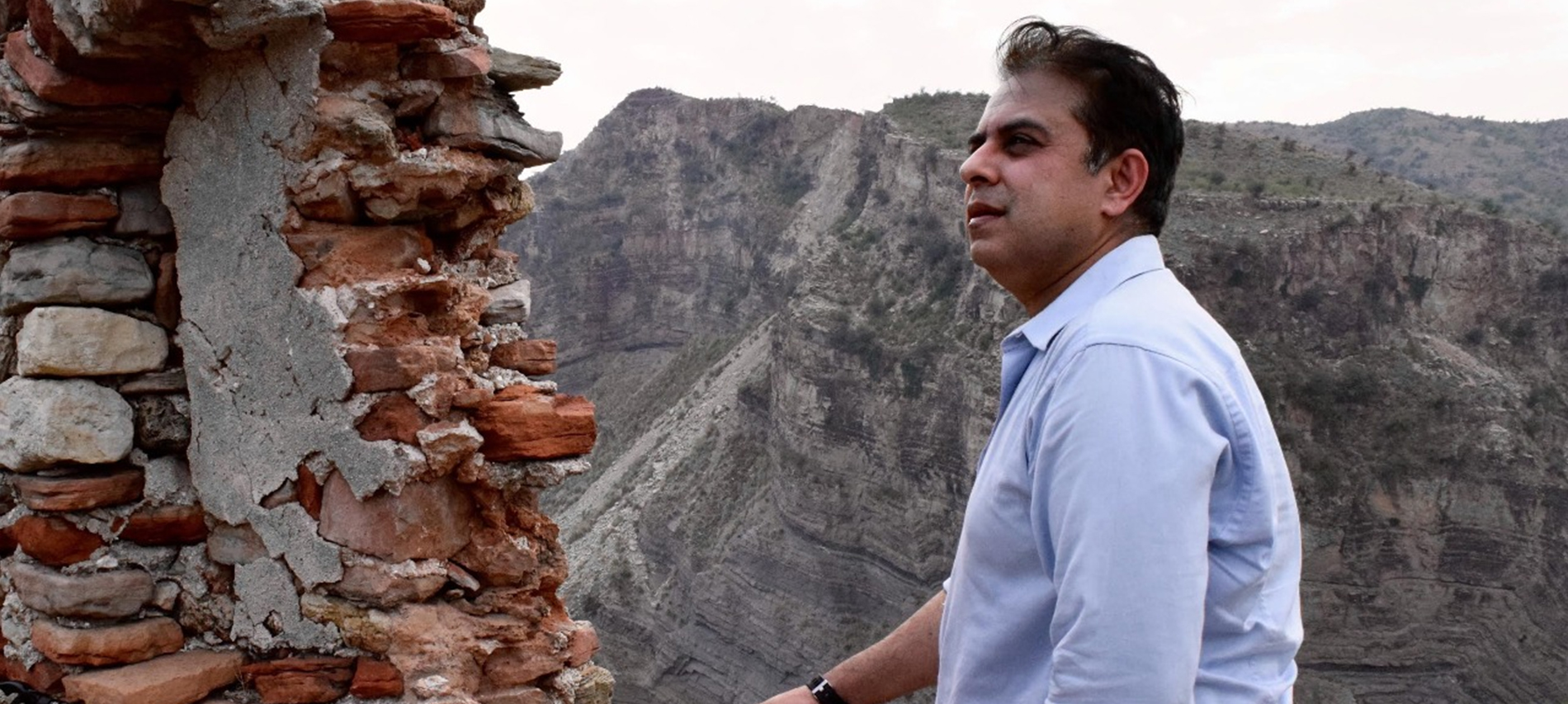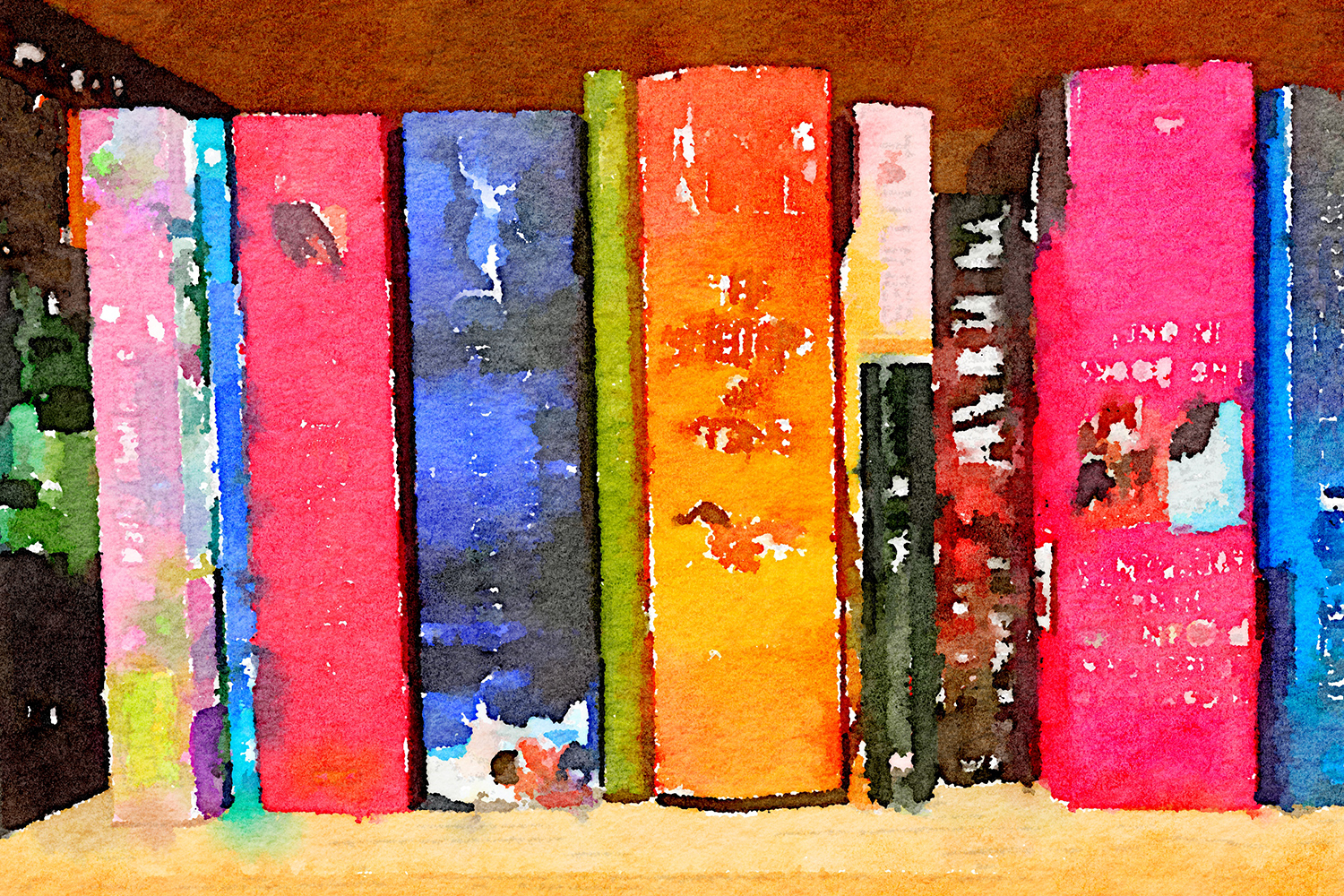Nidhi Razdan’s ‘Left, Right and Centre: The Idea of India’ celebrates the diverse cultural and political terrains that India comprises of. The book is a collection of essays from distinguished voices from various walks of life, upholding aspects of the nation lesser explored, and even lesser heard of.
In Derek O’Brien’s essay, ‘Addressing Nellie’, the politician and television personality revisits the memories of his grandmother and his ancestors who had been through the horrors of the Partition. As a part of the Anglo-Indian community, O’Brien brings forth the voices of those who have rarely been spoken about in the popular discourse of the subcontinent’s traumatic history.
Here’s an excerpt from his essay.
Each year, on 15 August, I find myself thinking of my great grandmother—my father’s paternal grandmother. Nellie Bella Biswas, as she was named when born to a Bengali-Christian family with homes in Jalpaiguri in north Bengal and Maniktala in north Kolkata, formed part of my earliest memories. She died in 1969, when I was just a schoolboy. Even by then she had come to represent an influential figure for me—the familiar matriarch, caring but firm, who taught the three of us, my brothers and me, to speak Bengali.
To my young mind, Nellie Bella Biswas—or Nellie Bella O’Brien as she became on marrying the descendant of an Irish settler in India—symbolized history. She was a walking, talking monument of history. To my innocent eyes, she seemed to stand for Mother India: a venerable and iconic figure who shed a silent tear in August 1947 as one country became two nations, and a composite society was split forever.
Nellie cried in August 1947, she cried every day from 1947 to 1969. She cried for the line in the sand that Partition drew. She cried for Patrick, her firstborn, her beloved son, who stayed on in Lahore . . .
For obvious reasons, the narrative of Partition has been written in terms of the subcontinent’s Hindus and Muslims. Christians have had only a small role in this drama. Anglo Indians—the community I belong to and which makes up a minuscule section of India’s Christians—have not even had a walk-on part.
Yet Partition had a dramatic impact on my extended family. My paternal grandfather, Amos, was one of the three brothers. The eldest of them, Patrick, was a civil servant who worked in Lahore and Peshawar, and served as a private secretary to Sir Olaf Caroe and later Sir George Cunningham, governors of the North-West Frontier Province in the tumultuous days leading up to August 1947. Much of the rest of the family, including my father and grandfather, were in Kolkata (or Calcutta, as it was then called).
One day, without quite realizing the implications, these members of the O’Brien family became citizens of separate countries. Patrick, the brother who had stayed on in Pakistan, had a large family. Two of his daughters were married to fighter pilots of what was at the time the Royal Indian Air Force. In 1947, they were either alotted or chose different nations.
Within months India and Pakistan were at war. It was a conflict that tore apart my father’s cousins, daughters of Patrick. One of them was with her father in Pakistan. Her husband was a fighter pilot in the Pakistan Air Force, her sister’s husband a fighter pilot in the Indian Air Force.
Night after night she stayed up, wondering if her husband would come home or if her brother-in-law in India was safe, or if these two men so dear to her, comrades and friends in the same air force till only a few weeks earlier, would aim for each other in the eerie anonymity of the skies. Her sister in India went through the same trauma. Patrick comforted his daughter. In another country, Nellie comforted her granddaughter.
Thankfully, neither man died in that war, but a distance emerged. Father and daughter, sister and sister, cousin and cousin, my Indian grandfather and his Pakistani brother—they lost touch with each other.

Tag: Feature
7 things you didn’t know about Usha Narayanan
After a gamut of jobs, Usha Narayanan pursued a career in writing. The author of 5 successful novels, Narayanan experiments with various genres, ranging from suspense thriller to light-hearted office romance.
Her new novel Prem Purana is a delightful anthology of three stories of love and devotion.
Here are a few things you should know about the author.







How many of these facts did you know about the author?

In Conversation with Osama Siddique
Osama Siddique has been a Rhodes scholar at Oxford, a lawyer in New York and Lahore, a policy instructor in various countries. He is also a legal scholar, university teacher and reform consultant in Pakistan, and a successful doctoral candidate and visiting professor at Harvard Law School. His most recent book is an acclaimed and multiple award-winning critical legal history of postcolonial justice systems. We spoke to him about his debut novel Snuffing Out the Moon.
Below are the questions we asked him.
You are and have been a very successful lawyer and legal scholar. Why did you decide to write a novel?
There are many kinds of legal discourses of course that allow much room for critical expression. Quite apart from more conventional work, as a lawyer and an academic I have always been particularly intrigued by how law can be and is manipulated by the powerful against the disempowered. Regardless of which era we speak about what goes by the name of law has always been a strong weapon for those who can use it – for better or for worse. Indeed I have explored this theme in my legal scholarship. There are, however, certain limits on expression imposed by extant conventions of style, structure and methodology. Fiction on the other hand is a very vast, rich and multifarious terrain that provides tremendous flexibility and license to explore this and various additional themes that I dwell on in my novel – themes that I had always wanted to write about. Themes ranging, for instance, from ancient political landscapes to omens of impending evil to lives of petty criminality to literature as a weapon of protest to social media as a medium for hate mongering to environmental apartheids of the near future. Only fiction allows engagement with all this in one book. Such is its largesse. Hence the novel.
Why did you situate the book in these particular six epochs of time?
In large part because having blessed access to their archaeological sites and cultural artifacts I have been greatly fascinated by them since childhood. I continue to fondly visit them, read about them, live amidst them. Mohenjodaro also because it continues to be such an enticing enigma and unsolved mystery. The Gandharan civilization because it has left such an exquisite artistic and architectural imprint on the Pakistani landscape. Lahore – my beloved city – appears in three contiguous eras, which are all reflected in its hybrid culture and built heritage. And the near future is of course the source of tremendous curiosity and indeed concern to all of us – given the highly troubling times and the various political, environmental and civilizational crises that we currently face as humankind.
Somewhere in the book you say something like: “all eras are driven by the same hopes and fears and passions and we continue to make the same mistakes.” — Could you elaborate on this and also your concept of “time.”?
While one can surely detect evolution in various spheres of human endeavor – political structures, organized religion, modes of technology – it does occur to me that across the ages our fundamental aspirations and imperatives remain very closely aligned, if not identical. It is fascinating to think, for instance, how hope, fear, love, hate, dissent and the resulting conflicts drive people to act in such similar ways, regardless of whether we speak of today’s milieu or one of four thousand years ago, from whatever we know of that distant era. Naturally, it causes one to wonder whether we are caught up in a constant cycle of repetition. Civilizations come, flourish, decline and ultimately vanish. Whether time is linear or cyclical. Whether we are headed somewhere or will the wheel of time continue to turn and turn till one day our kind will simply be no more. That we will simply vanish. Without even a whimper, let alone a bang. Without any explanation, let alone an apology.
What are your thoughts on the concept of “evil”?
Evil is such a vital and fascinating concept in every religious and cultural tradition as well as manifest, however you define it, in so many human catastrophes through the ages. One of the most compelling questions remains whether evil is just another name for our baser instincts, distinct external influences that corrupt and corrode us and compel us to do abhorrable things, or an actual physical embodiment – a virtual devil. What causes us to indulge in devilry and why has humankind failed in putting a stop to murders, pogroms, genocides, travesties and wars. These questions provide a vital undercurrent to my overall narrative and evil manifests itself mysteriously and multifariously in the lives of the different characters. Quite apart from the more analytical dimensions there is also something very emotive, something very sinister and forbidding about the concept that impacts our senses in a remarkable manner. The fear and foreboding evoked by the concept of evil has been depicted so powerfully in many great pieces of literature and it has always been something that I also wanted to write about.
Your protagonists are non-conformists who dissent and then pay a price for it. Can you tell us more about choosing protagonists who are dissenters and the importance of dissent in human history?
Arguably, as critically as ever before in out history we face the challenges of curtailment and censorship of free thought and speech. What is also obvious is a globe-wide shift to harder governments, to despots, officially sanctioned histories, blind dogma and also now, alternative facts. The present epoch is as Orwellian as it can get. Meaningful dissent, therefore, is a precious but also much maligned virtue and hence all the more worthy of preservation. Mine is just one modest endeavor to underline how vital dissent is for societal sustenance and integrity. Even otherwise, dissenters make much more compelling and effective protagonists than conformists. Dissent has contributed tremendously to history and brought about significant turning points and breakthroughs in human thought and achievement. And yet the dissenters have often paid a tremendous personal price, which makes their entire endeavor all the more heroic. There is thus no way that I would have been tempted to choose protagonists who are not dissenters. Having said that those who habitually conform and capitulate are also curious in their own way. Perhaps in my next book if there is one.

5 Priceless Things We Learn from Ruskin Bond’s Books
Ruskin Bond’s stories have never failed to thrill us and leave us feeling warm inside every time we read one. Our growing up years would not have remained the same had it not been for Bond’s beautiful characters and anecdotes that immediately take us back to the best years of our lives.
But through his enchanting stories of childhood, friendship, family, love and nature, we unknowingly learn a few precious things which, perhaps, none of our school books could have ever taught us.
Here are 5 times Ruskin Bond quietly told us something invaluable about life and the world that will stay with us forever.
When he told us why we should aim for excellence and not settle for being a mediocre “anybody”.

When he told us that nature is our best home.

When he showed us that the will to do something is greater than any obstacle.

When he pointed out the perils of disturbing nature.

When he showed us that the beauty of life lies in its changes, like the changing seasons.

Share with us what you have learned from Ruskin Bond’s delightful stories on the occasion of Teachers’ Day!
5 Things You Didn’t Know About Sister Nivedita
Margaret Noble, called Margot by her family and friends, came to India in 1898 inspired by Swami Vivekananda. She took the vows of celibacy and devoted the rest of her life to the cause of India. During her stay in India, she impressed many famous national figures and even influenced the ending of Rabindranath Tagore’s novel Gora.
Reba Som in her compelling biography of Sister Nivedita traces the development of Margaret from an Irishwoman into Sister Nivedita and finally into ‘Lok Mata’ or ‘People’s Mother’—a title bestowed on her by Tagore.
Here are five things you probably didn’t know about Sister Nivedita.
She lived up to her given name and devoted herself fully to the cause of India.

She wrote over 800 letters to her friends.

After her death, Josephine MacLeod decided to share Nivedita’s personal papers and letters with Lizelle Reymond for a definitive biography of Sister Nivedita in French, which was translated into English as The Dedicated: A Biography of Nivedita (1953).

She took him under her wing, reassured him in moments of despair, invited financial assistance for his work and constantly edited and helped in the writing of his manuscripts.

She wished to learn the culture of faraway India so she could contribute towards the education of women in the light of their own civilizational values.

Do you know more such facts about Sister Nivedita? Share with us.











